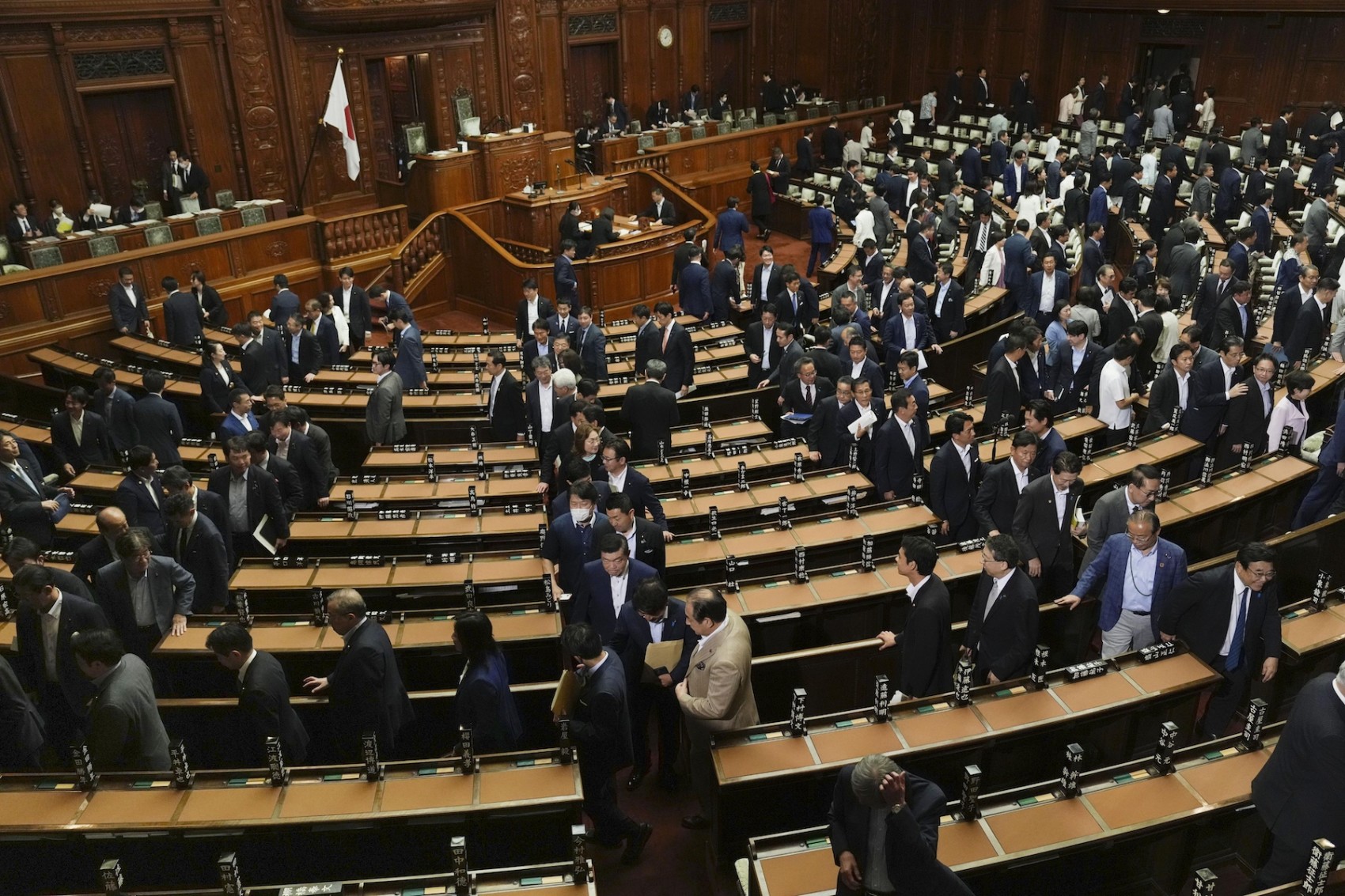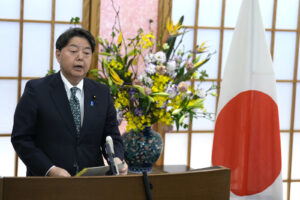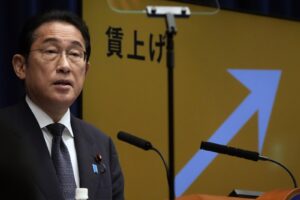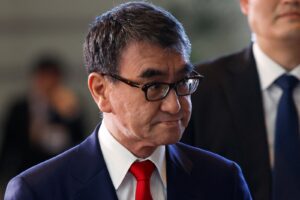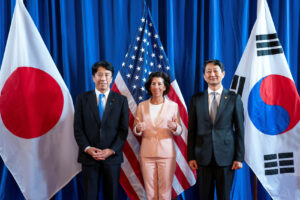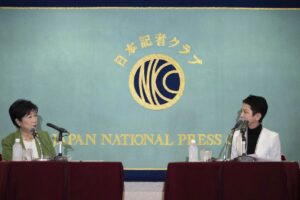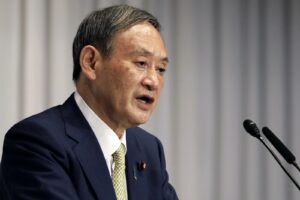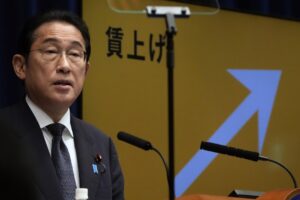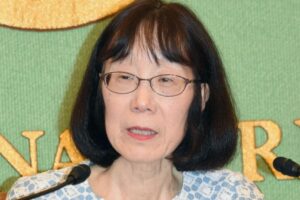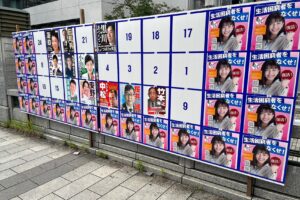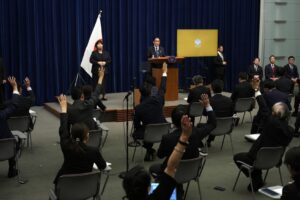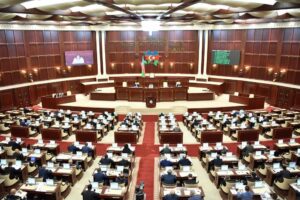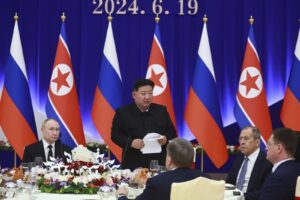Tokyo, 21 June, /AJMEDIA/
Japan’s Diet effectively wrapped up its ordinary session on Friday, as attention turns to whether Prime Minister Fumio Kishida can secure reelection in his ruling party’s presidential race, to be held around September.
During the 150-day session through Sunday, the Kishida administration saw key bills cleared through parliament, including one to reform political funding rules in response to a high-profile scandal involving his ruling Liberal Democratic Party.
The LDP has come under intense scrutiny amid allegations that some of its factions, such as the largest one formerly headed by the late Prime Minister Shinzo Abe, neglected to report portions of their income from fundraising parties and created slush funds.
Kishida has claimed the revised political funds control law that passed through the Diet on Wednesday will make how lawmakers spend money more transparent and help restore the public’s trust in politics, which has been eroded significantly by the scandal.
The revisions incorporated amendments to lower the threshold at which the names of those who bought fundraising party tickets must be made public. They also changed the reporting rules for so-called policy activity funds provided by parties to senior lawmakers.
Many LDP lawmakers have opposed reducing the threshold, as they believe the revision would discourage companies and individuals who do not want their support for specific parties to be publicly disclosed.
But the new law, which takes effect in January 2027, has been criticized by the opposition as it allows politicians to collect as much money as before despite the reporting threshold being lowered, because the party can simply hold fundraising events more frequently.
This has led opposition parties to urge Kishida to either dissolve the House of Representatives for a snap election or step down.
With the approval ratings for his cabinet at their lowest levels since it was launched in October 2021, Kishida’s already fragile political standing has been weakened further since he was forced to make concessions to the LDP’s junior coalition partner, the Komeito party, over the matter.
Former Prime Minister Taro Aso and LDP Secretary General Toshimitsu Motegi, who backed the cabinet, have begun distancing themselves from Kishida, affecting his reelection bid. Kishida wants to build a long-term government, political pundits said.
The LDP also lost three seats to the main opposition Constitutional Democratic Party of Japan in lower house by-elections in April. But Kishida has ruled out dissolving the chamber for a general election soon, rejecting a call from CDPJ chief Kenta Izumi.
The left-leaning CDPJ submitted a no-confidence motion against Kishida’s cabinet on Thursday, but it was voted down by the ruling coalition led by the conservative LDP, which has been in power for most of the period since 1955, primarily with the backing of big private businesses.
Convened in late January, 98 percent of the 62 bills submitted by the government during the session cleared the Diet, Chief Cabinet Secretary Yoshimasa Hayashi said. The revised political funds control law was proposed by lawmakers.
The government-sponsored bills include one for creating a “security clearance” system to restrict certain individuals from accessing classified official data, in an attempt to prevent critical information from being leaked to overseas entities.
Another bill is aimed at expanding monthly child allowances and parental leave, as Kishida’s government seeks to tackle Japan’s rapidly declining birthrate while trying to raise real wages, adjusted for inflation.
Meanwhile, debates on two controversial issues — amendments to the pacifist Constitution and how to ensure stable imperial succession against the backdrop of a shrinking number of imperial family members — did not progress as expected.
© KYODO

